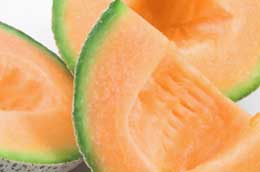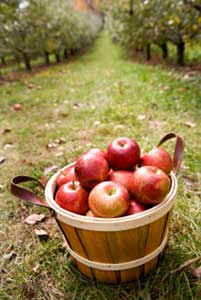My client, Dr. Sofia(Bayfield), MD, has a family practice here in North Van. She sent me this great link on foods that are important to buy Organic.
Foods You Don't Have to Buy Organic

These are THE CLEAN 15
The 2013 version is based on the results of pesticide tests performed on produce and collected by federal agencies from the past nine years.
Nearly all of the data used took into account how people typically wash and prepare produce - for example, apples were washed and bananas peeled before testing. Of the fruit and vegetable categories tested, the following "Clean 15" foods had the lowest pesticide load, and consequently are the safest conventionally grown crops to consume from the standpoint of pesticide contamination:
Nearly all of the data used took into account how people typically wash and prepare produce - for example, apples were washed and bananas peeled before testing. Of the fruit and vegetable categories tested, the following "Clean 15" foods had the lowest pesticide load, and consequently are the safest conventionally grown crops to consume from the standpoint of pesticide contamination:
- Onions
- Sweet corn
- Pineapples
- Avocado
- Cabbage
- Sweet peas
- Asparagus
- Mangoes
- Eggplant
- Kiwi
- Cantaloupe (domestic)
- Sweet potatoes
- Grapefruit
- Papayas
- Mushrooms
Foods You Should Always Buy Organic

These are THE DIRTY DOZEN
The following "Dirty Dozen Plus" had the highest pesticide load, making them the most important to buy organic versions - or to grow them organically yourself:
- Apples
- Strawberries
- Grapes
- Celery
- Peaches
- Spinach
- Sweet bell peppers
- Nectarines
- Cucumbers
- Potatoes
- Cherry tomatoes
- Hot peppers
Plus these which may contain organophosphate insecticides, which EWG characterizes as "highly toxic" and of special concern:
- Kale/collard greens
- Summer squash
PS: Feel free to share this information. Also, it prints up nicely into a wallet- sized card. click here

1 comment:
Just a reminder that it is important to wash all fruits, including cantaloupes and other melons -- organic or not -- because they can carry residual unfriendly bacterias from the farm.
Post a Comment